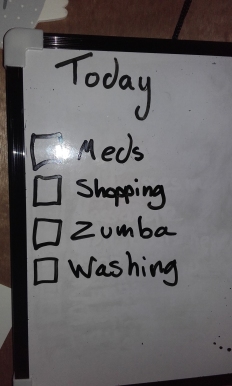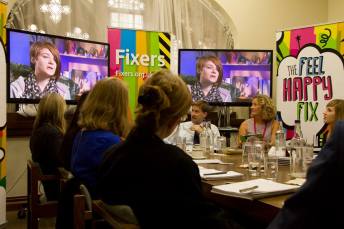Hi Guys today is Time To Talk Day! so im going to do a little blog about me!

My Name is Sarah Dale, I am 22, and I have Been diagnosed with Borderline Personality Disorder (BPD) with episodic Depression and Anxiety, and Anorexia Nervosa.
well that’s a mouth full and a half! do I let it get me down. I try my best not to!
I was fist diagnosed with anorexia when I was 16 and it has only since last year i was diagnosed with Borderline Personality Disorder, although I’ve been struggling with it for years.
At one point I was so ill I did not think I would make it to my 20th birthday. my moods were so volatile and I took my dangerous behaviours(self-harm, eating disorder ect.) to the extreme as I relentlessly punished my body.
over the last few years I have improved dramatically, and this is thanks to my medication which helps soften and regulate my emotions, Dialectal Behavioural Therapy (DBT) which aim to teach me how to deal with my emotions, although I have a long way still to go!
I have my bad days where I’m very emotions run wild, self harm and restrictive eating urges are hard to over come, and the anxiety makes me physically sick, the depression makes me want to curl up in bed and hide from life, BUT I get there! I never let my mental health define me so don’t define me by it!

up to date, I have won NPTC Powys Student Excellence Award, come runner up in the BTEC National Award, set up the Black Cat Project and created a radio play called Cara with Fixers UK.
With Fixers I have appeared in local and national newspapers on-line an in print, been a a part of the feel Happy Eating fix to devise recommendations for Government to improve the care of those with eating disorder, I was apart of The Feel happy Fix to divise recommendations for Government to improve the care of those with a mental helth problem, which I represented Wales when we presented the 50 Recommendations.

i was apart of Generation 2015 in the run up to the elections, i was invited down to the BBC studios in London to ask a question to Plaid Cymru leader Leanne Wood and Conservative leader leader David Camron. I was also interviewed by BBC Radio Wales for there Focus on Wales – Self-Harm program.
So you see, I am not ‘dangerous’, a ‘Psycho’, ‘need to be chucked in the loony bin’, and no I am defiantly NOT ‘a danger to your children’ as I have been told before. Personally I don’t care what you call me, I have sadly heard it all before. HOWEVER, what you say might stop someone from reaching out for help! so please be a little bit more PC… Pretty pleeeeaaaase!!
so at the moment I am taking my time to recover, I am focusing on my therapy so hopefully it won’t impact on my life so much, so I can get on with mylife.

right peoples I’m now off to Zumba Class it helps me with my mood and is a healthy was to get out all those emotions without reverting to unhealthy behaviours. and yes I wear a short sleeved t-shirt! its taken me moths to get the courage to do so!. Zumba in long sleeved t-shirts is not fun I assure you!
Thanks for reading, thank you to everyone who helped me get here, and remember never give up! you can achieve anything if you put your mind to it!!!
Sarah Dale >^..^<













